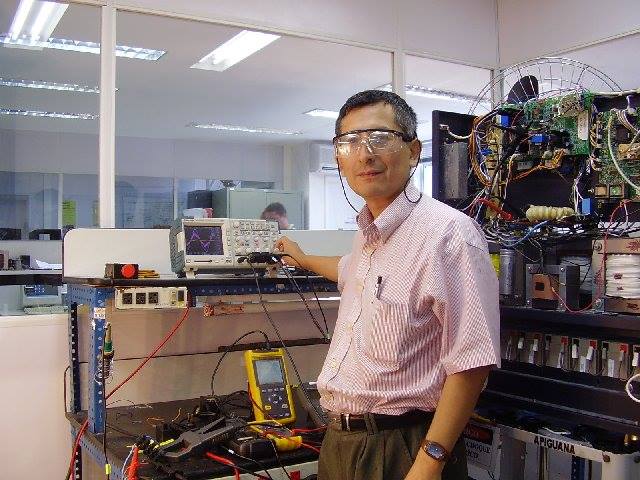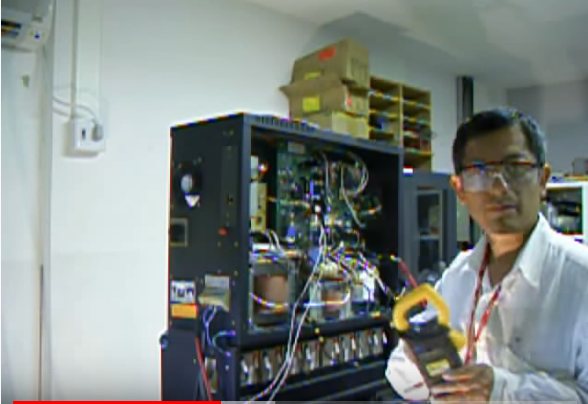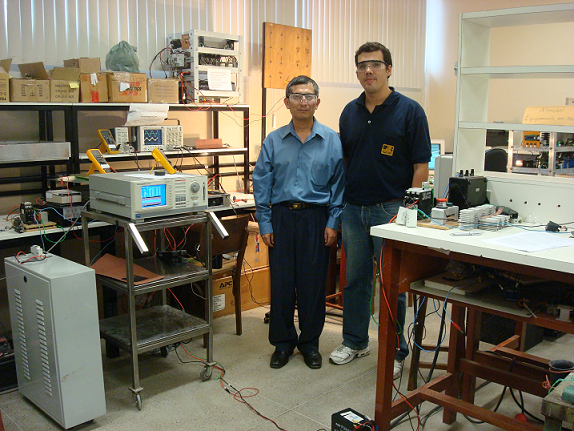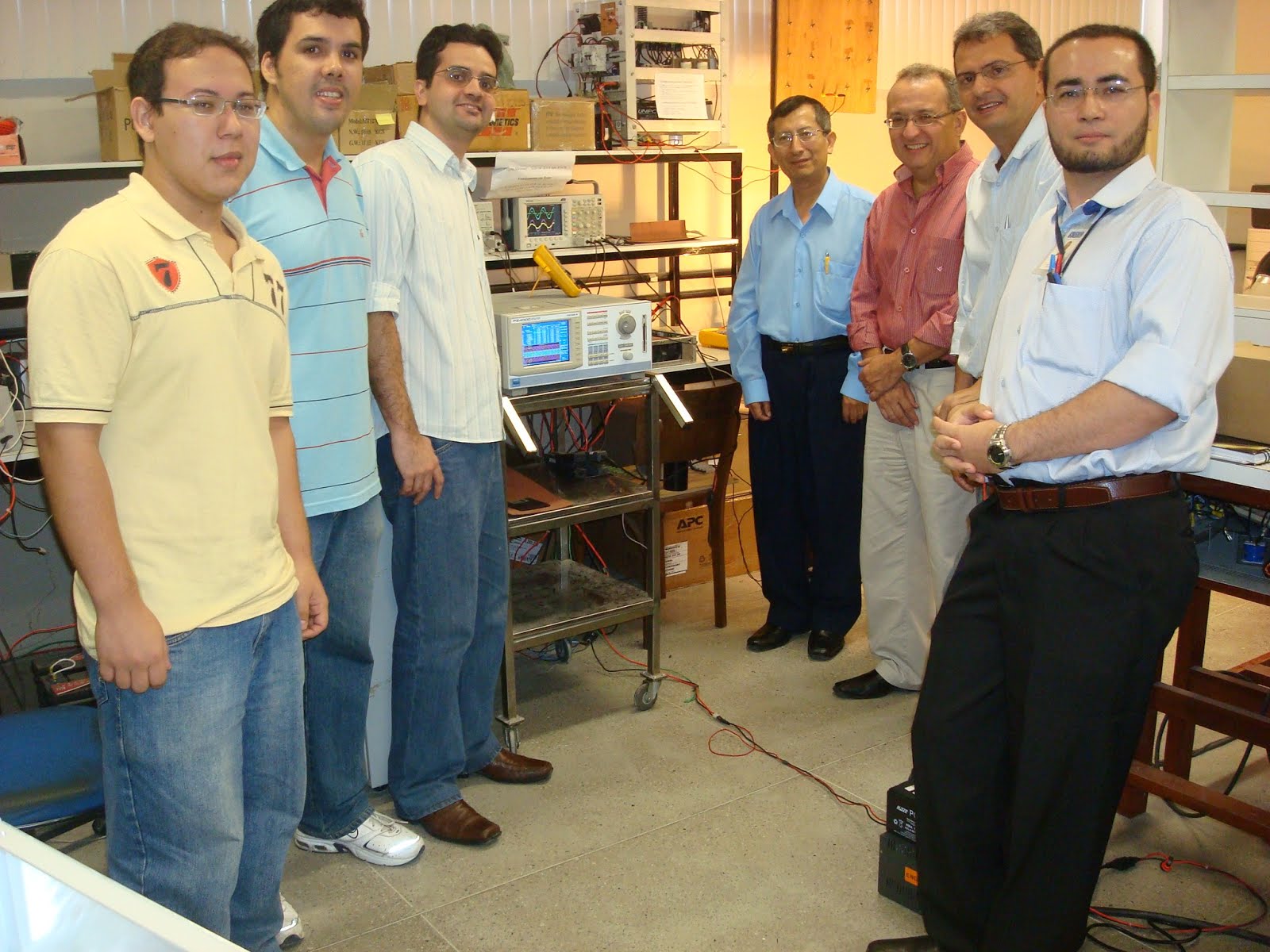Bhim Singh, Senior Member, IEEE, Sanjay Gairola, Brij N. Singh, Member, IEEE,
Ambrish Chandra, Senior Member, IEEE, and Kamal Al-Haddad, Fellow, IEEE
Abstract—Three-phase multipulse ac–dc converters (MPC)
are developed for improving power quality to reduce harmonics
in ac mains and ripples in dc output. This paper deals with the
multipulse ac–dc converter configurations, state of art, their
performance, power quality aspects, components selection considerations,
latest trends, future developments, and potential
applications. It is targeted to provide broad perspective on multipulse
converter technology to the researchers, engineers, and
designers dealing with them. A classified list of more than 250 research
publications on the subject is also given for quick reference.





















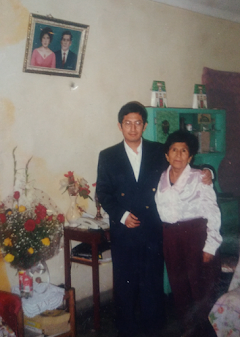














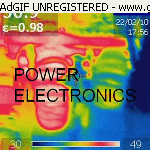




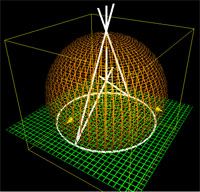


 JOSIL ARTISTA PLASTICO FORTALEZA CEARA BRASIL AV.HERACLITO GRAÇA 41 TEL(85)32542378
JOSIL ARTISTA PLASTICO FORTALEZA CEARA BRASIL AV.HERACLITO GRAÇA 41 TEL(85)32542378
